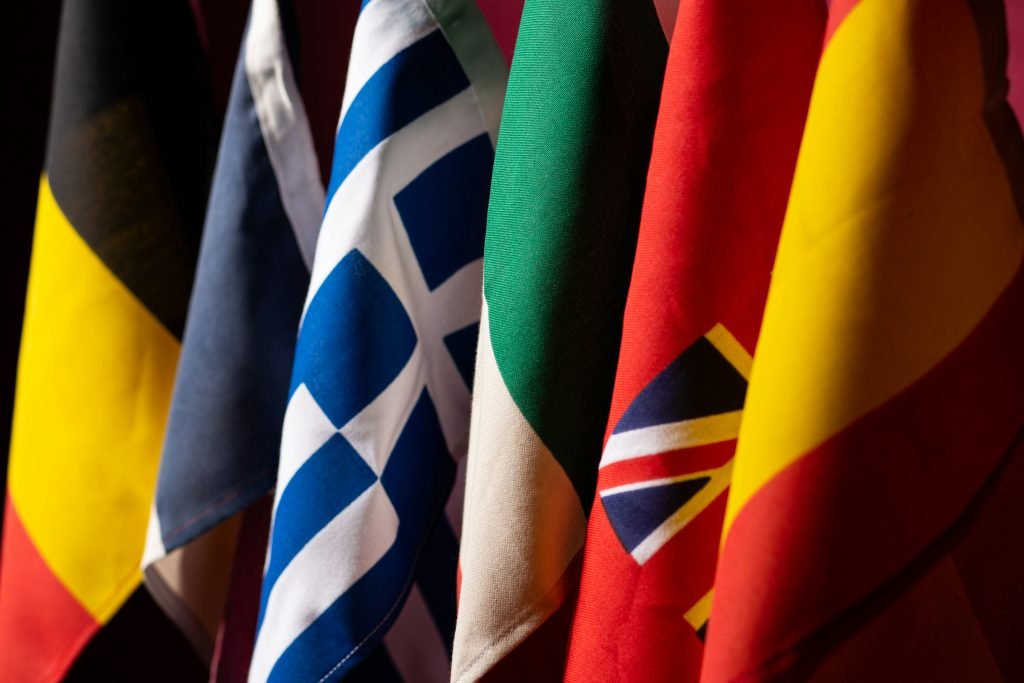Odds, they are odd right or even? Anyway, here’s a guide to European odds and how to understand them as someone who is kind of familiar with them.
When I first got into sports betting, I was living in America, and I found the odds system there—moneyline odds—completely baffling. What does +300 even mean? Or -150? Honestly, it made my head spin. But when I moved back to Europe and started using decimal odds (often called European odds), things started to click. .
If you’ve ever felt lost looking at betting odds, don’t worry—you’re not alone. By the end of this guide, you’ll not only understand European odds but also know how to use them to make smarter bets. Trust me, it’s simpler than it looks.
What Are Decimal Betting Odds?

Let’s start with the basics. European betting odds, or decimal odds, are a way of showing how much you’ll get back for every £1 you bet. Unlike fractional odds in the UK (which always made me feel like I needed a calculator) or moneyline odds in the US, decimal odds tell you the total return, including your original stake.
Here’s the simple formula:
Stake × Decimal Odds = Total Return
For example, if you bet £10 at odds of 3.50, here’s how it works:
£10 × 3.50 = £35
That £35 includes your original £10 stake, so your profit is £25. Easy, right? It’s this simplicity that makes decimal odds my favourite way of understanding bets.
What Do the Numbers Mean?
Once you get the hang of the format, the numbers themselves tell you a lot about the bet:
- Odds Below 2.00: These are for the favourites—the bets most likely to win. For instance, if you see odds of 1.50, you know the payout won’t be huge, but the risk is smaller. Betting £10 at 1.50 would give you £15 back (£5 profit).
- Odds of 2.00 (Even Odds): With even odds, you double your money if you win. For example, a £10 bet at 2.00 gives you a total return of £20 (£10 profit).
- Odds Above 2.00: These are for the underdogs or less likely outcomes. They’re riskier but offer higher payouts. A £10 bet at 5.00 would return £50 (£40 profit).
Understanding these ranges helps you weigh risk versus reward and decide which bets align with your strategy (or gut instinct—I won’t judge).whether you’re playing it safe or going for a big win.
How to Convert Odds Between Formats
Before I moved back to Europe, I had to learn how to convert odds between formats, and honestly, it’s a skill worth having.
- Fractional to Decimal: Add 1 to the fractional odds. For example, fractional odds of 3/1 become 4.00 (3 ÷ 1 + 1).
- Moneyline to Decimal:
- For positive moneyline odds (e.g., +300), divide by 100 and add 1: (300 ÷ 100) + 1 = 4.00.
- For negative moneyline odds (e.g., -150), divide 100 by the absolute value of the moneyline and add 1: (100 ÷ 150) + 1 = 1.67.
Learning these conversions makes it easier to shop around for the best odds, whether you’re using a European bookmaker or an American one.
Going Beyond the Odds

Here’s where it gets interesting. Understanding odds is just step one. To make informed bets, you need to bring in some strategy—and that’s where statistics come in.
- Look at the History: If you’re betting on a football match, check how the teams have performed against each other in the past. For example, if Team A has beaten Team B in their last five meetings, that’s worth considering.
- Use Advanced Metrics: Metrics like Expected Goals (xG) in football give you deeper insights into team performance. For instance, a team might have won their last match, but xG could reveal they were lucky to score at all.
Combining these insights with the odds lets you make more calculated bets.
How AI is Changing the Game
I’m a big fan of AI (it’s basically why I started FreeBet.ai), and it’s revolutionising sports betting. With AI, you can process vast amounts of data that would take a person weeks to analyse.
- Data-Driven Predictions: AI systems can analyse player stats, weather, team form, and even referee tendencies to create highly accurate odds.
- Improved Accuracy: Machine learning algorithms improve as they go, meaning the more data they analyse, the smarter they get.
For example, an AI-powered system might tell you that a football team has a 75% chance of winning based on 10 years of data, current injuries, and even how they’ve performed in similar conditions. It’s like having a supercomputer in your corner.
Practical Example: Betting on a Football Match

Let’s say you’re looking at a match between Arsenal and Chelsea. Arsenal’s odds are 2.20, Chelsea’s are 3.00, and a draw is 3.50. Here’s how you might approach it:
- Check Arsenal’s home form—have they been strong at the Emirates?
- Look at Chelsea’s recent results—are they on a winning streak or struggling?
- Factor in injuries—if Arsenal’s star striker is out, that could swing things.
If the stats point towards an Arsenal win, a £10 bet at 2.20 would return £22 (£12 profit). But if you see value in Chelsea as an underdog, the same £10 bet at 3.00 would return £30 (£20 profit).
This mix of data and odds helps you make an informed choice rather than relying on gut feeling alone.
Understanding Risk and Reward
One thing I’ve learned is that no bet is guaranteed. Even the “sure things” can go sideways—like that time I bet on a “guaranteed” favourite in horse racing only to watch it finish dead last. But understanding odds and using data helps you minimise risks and spot opportunities.
It’s also about finding a balance. Do you want smaller, consistent wins? Stick to odds below 2.00. Want a shot at big payouts? Look for higher odds but accept the risks that come with them.
Final Thoughts
Learning to understand European betting odds was a game-changer for me. They’re clear, simple, and make it easier to calculate your returns. But betting isn’t just about numbers—it’s about strategy. By combining what you know about odds with insights from stats and even AI, you can make smarter, more enjoyable bets.
At FreeBet.ai, we’re here to help you every step of the way. So take what you’ve learned, give it a go, and most importantly, have fun. Betting should be exciting, not stressful. And who knows—with the right mix of knowledge and luck, you might just hit a big win. Good luck!
Author Profile
James is the founder and CEO of Free Bet and a former FTSE100 AI Director. He has years of experience in building and deploying complex AI models for products like the advanced AI sports betting algorithm used in Free Bet and is an experienced bettor since 2008.
















